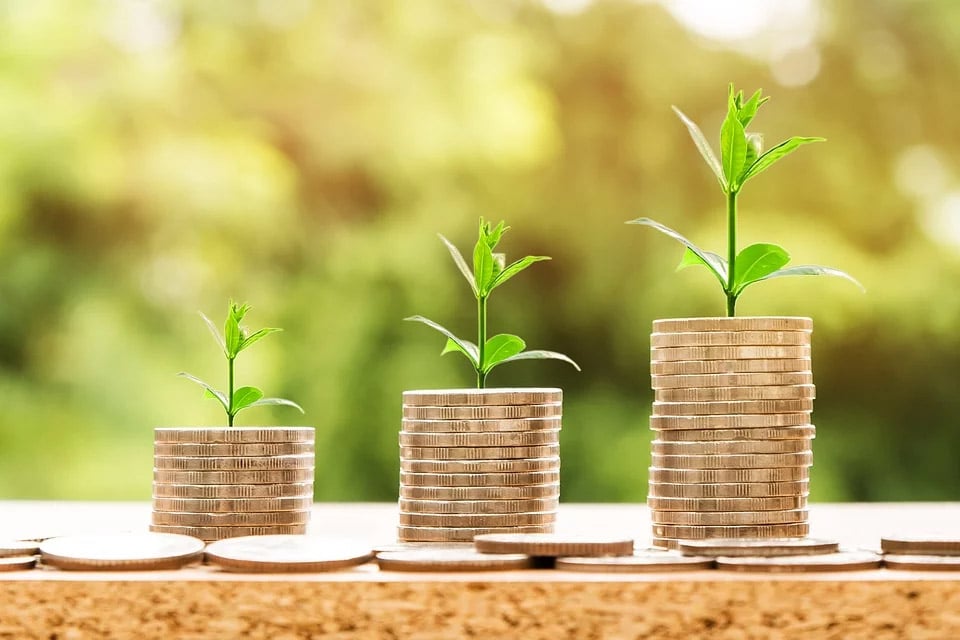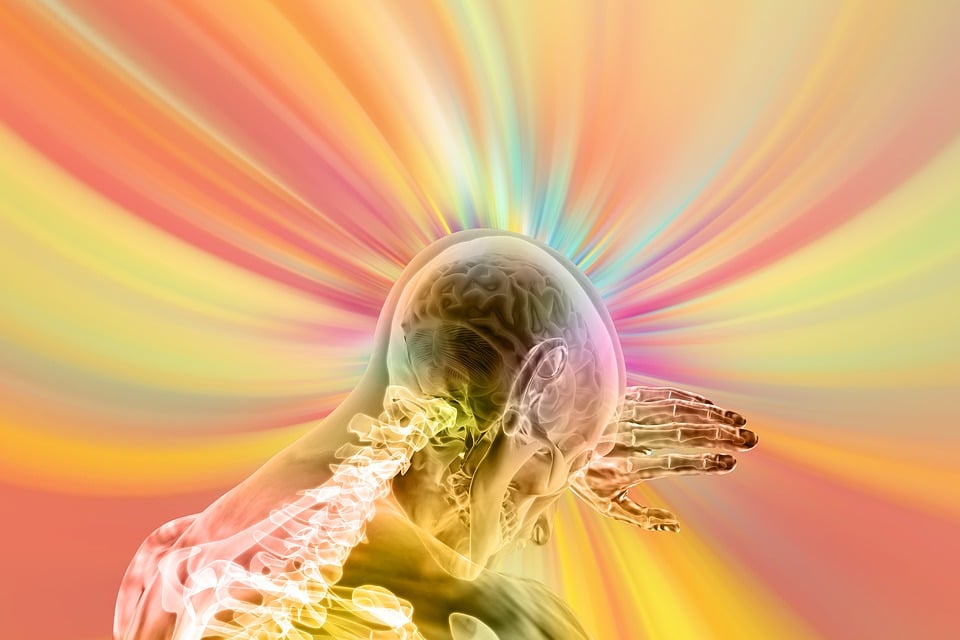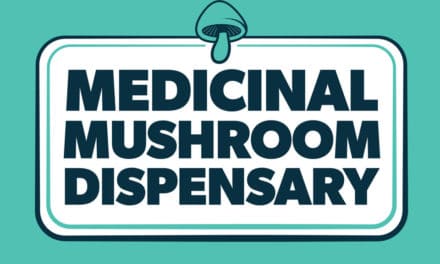The following is a guest post by contributing author Trevor Millar of MAPS Canada and Liberty Root Therapy
“Uh oh,” I thought.
This was over two years ago when I’d been invited to a hip Howe Street corner office in Vancouver’s financial district, where a guy who had made some good money on the speculation of so-called Canadian pot stocks had just finished telling me, while smoking a cigarette out a window, “We think psychedelics are the next cannabis!”
I was invited to the meeting because I am Board Chair of the Multidisciplinary Disciplinary Association of Psychedelic Studies (MAPS) Canada position I was appointed to after years of working with an anti-addictive psychoactive plant medicine called ibogaine through my company Liberty Root Therapy Ltd., which was operational from 2012 to 2017 while it was still legal to work with this substance in Canada. I’ve got a relatively rare vantage point of having been professionally and legally involved in working with psychedelics, while eyeballing the space, for around ten years.
I’ve since had plenty of time to consider whether or not psychedelics are, in fact, “the next cannabis”, and I think it’s important to first acknowledge that even the cannabis market has fallen short of expectations. Well-timed speculators and insiders made a killing on cannabis stocks as they hit the public market, but then reality set in, and as of today many Canadian cannabis companies are reporting dire numbers.
Do I think there will be a chance to make money off a frenzy of FOMO as newly ordained psychedelic enterprises hit Canadian stock exchanges? If you time it right, or are an insider, probably.
Will the long-term value match the price the madness of crowds will be willing to pay until it’s peaked? Not for quite some time, if ever, on most offerings, is my bet. At least, it’s an entirely different business model. Here’s why.
Psychedelics are not generally used chronically. Instead, scientific studies have shown them to have largely anti-addictive qualities, which works against the desire for returning customers. Healing a person so they don’t need your products again isn’t great for a thirsty bottom line, even though it’s obviously the right thing to do.
Psilocybin mushrooms have been used to treat alcoholism and tobacco addiction, and while the research hasn’t caught up yet, I’ve seen first-hand, and heard many anecdotal stories, on how they can be used to treat cocaine addiction. LSD was used to treat more than 700 people for alcohol use disorder in Weyburn, Saskatechwan in the 1960’s with a more than 50% success rate. Again, having been plugged into this world for so long, the first-hand accounts I’ve heard are many. My former business partner is more than 17 years sober after finally overcoming his alcohol addiction with a large dose of LSD.
Ibogaine is arguably the least enjoyable psychedelic of them all, yet has the capacity to obliterate opioid dependence. Unfortunately, this doesn’t have the same profit potential as daily-dispense opiate replacement therapies like methadone or suboxone.
While virtually anything can be abused, these substances themselves are not something you would want to use in larger quantities on a regular basis due to the nature of the experience itself. People rarely want to go on a journey like the kind a good dose of LSD or mushrooms can take you on and do it again any time soon thereafter—especially in a therapeutic context. Oftentimes, the wisdom these medicines unlock in their users becomes a built-in governor of their responsible use. Psychedelics are never going to compete with the stickiness and repeated use of substances like alcohol, tobacco, cannabis, or opiates. Quite the opposite.
Microdosing is perhaps the exception to the general rule of infrequent use of psychedelics. A microdose is around one tenth the size of a full-on psychedelic dose, small enough that you can barely perceive that you’ve taken anything, yet may feel a slight lift in mood, creativity and productivity.
There are already a lot of players in the underground mushroom microdosing market. Some are taking advantage of their first-to-market position while hedging their risk by charging exorbitant amounts for a microdose. One website sells a 100mg dose for $6.50 CAD. For perspective, you could buy an expensive gram (1,000mg) for $10 on the street, and if you were buying a pound, that price goes to less than $2 per gram. They’re free if you pick them yourself.
As we’re seeing with cannabis, if legitimate businesses can’t at least match the price a person would find on the street, there is a significant hole in the business model. I do think people may be able to make a decent living selling microdoses, but I suspect the riches here won’t come from anything but gambling on an overinflated speculative market.
I expect a lot of therapists will make a healthy living while radically helping to transform lives through their psychedelic therapy practices. Perhaps some major corporations will be able to systematize and franchise this type of healing modality, but I would issue a warning to people with such dreams to tread carefully, and be sure to align your motives with healing, first and foremost.
Do you really need to raise tens of millions to open a clinic or two? Try opening a small clinic first, see what challenges are in store, and prove your viability. From there, see if expansion feels right, rather than promising the moon to cutthroat investors who expect their ROI tomorrow. If you are already sitting on millions of dollars and feel like you’re finally going to be satisfied when the next few millions come in, I’ve got 5 grams of mushrooms, a therapist’s couch, a blindfold, and a playlist with your name on it.
If you do have millions or billions, how about the philanthropic approach? Rick Doblin, the founder and executive director of MAPS, has successfully taken MDMA through the first two stages of FDA-approved clinical trials to treat PTSD, with phase three underway now, all as a non-profit. He’s raised tens of millions of dollars to make this happen without guaranteeing a share in future profits with anyone, except MAPS’ own public benefit corporation which will reinvest profits into research.
We at MAPS and MAPS Canada have an endless list of studies we could get underway if funded, clinical trials for ibogaine being one of them. Why not put your name on some of those studies and help us end the current opioid crisis responsible for taking tens of thousands of lives in the last few years.
Without getting too far up on my psychedelic soapbox, these medicines, when properly used, do have the power to heal vast amounts of the specific kind of suffering faced by so many in today’s world. Thoreau said that the mass of humans lead lives of quiet desperation; a good therapeutic psychedelic session has the power to lift that desperation so that a glimmer of hope might once again shine though. As we face a widespread mental health crisis rooted in a deep lack of meaning and connection, psychedelic medicines do more than any other modality I’ve encountered or heard of to bring meaning and a sense of universal connection into a person’s life. Our planet and its people need healing like never before, and I truly believe that plant medicine can play a role in opening up new ways of being, both for individuals and communities.
Putting profit above all else, including other people and the planet, runs counter to the truths these medicines bring to light. Business as usual, especially when it comes to big finance, with its rigid fiduciary duty to increase stock value for the shareholder and everything else be damned, is just not going to work with psychedelics.
Anyone who has taken enough psychedelics with an honest intent to have truth revealed to them understands this, and I’m afraid the universal laws of justice will not smile kindly upon those who are reluctant to learn and act from the lessons of unity, compassion, forgiveness, and connection so often bestowed by these sacraments.
I didn’t start Liberty Root because it was going to make a good public offering one day. I started it because I was looking for a way to help the poverty ravaged Downtown Eastside (DTES) of Vancouver. After ten years of seeking solutions, ibogaine appeared on the radar as a way that might help.
This led to treating hundreds of paying clients, and it was built into our DNA to do pro-bono work, including, and especially for, residents of the DTES. My end game was never ibogaine, never psychedelics. My end game was helping to end as much needless suffering as I could. I stumbled upon psychedelics as a great tool in that regard.
The possible gains received by entering a field as promising as psychedelics are exponentially greater than the allure of an inflated bank account. If your primary focus is material gain, you’ll miss this point entirely, along with the potential satisfaction and transformation it promises.
‘Psychedelic’ means mind and soul manifesting. The word entrepreneur comes from the French entreprendre which means to undertake. I’d like to suggest that psychedelic entrepreneurship is to manifest your soul into a business or undertaking. In order to do this, the business needs to embody some of the key tenets the psychedelic voyage shares with us, like the unity we share in spite of our seeming differences, and our connection to this planet and all its beings.
When you realize that you are connected to your neighbours near and far—when you feel that solidarity at your core—you do not need to be told how to behave; right action unfolds spontaneously. The world needs psychedelic entrepreneurs; it needs you to manifest your soul into a benevolent undertaking. What I’m suggesting is to be sure your motives and actions are in alignment with what matters most.
Trevor Millar is a social entrepreneur and owner of Liberty Root Therapy Ltd. (www.libertyroot.net), a business dedicated to healing and transformation using the anti-addictive plant medicine ibogaine and other psychedelic compounds. Trevor currently serves as Board Chair for the Multidisciplinary Association of Psychedelic Studies (MAPS) Canada (www.mapscanada.org) and is a former Executive Director of the Global Ibogaine Therapy Alliance. Featured in the award-winning documentary about using magic mushrooms and Iboga to heal addiction called DOSED (www.dosedmovie.com), he is also a founding member of the Canadian Psychedelic Association (www.psychedelicassociation.net).
The Canadian Psychedelic Association is a non-profit formed with these and other important psychedelic considerations in mind. Add your voice to the conversation by visiting www.psychedelicassociation.net.












